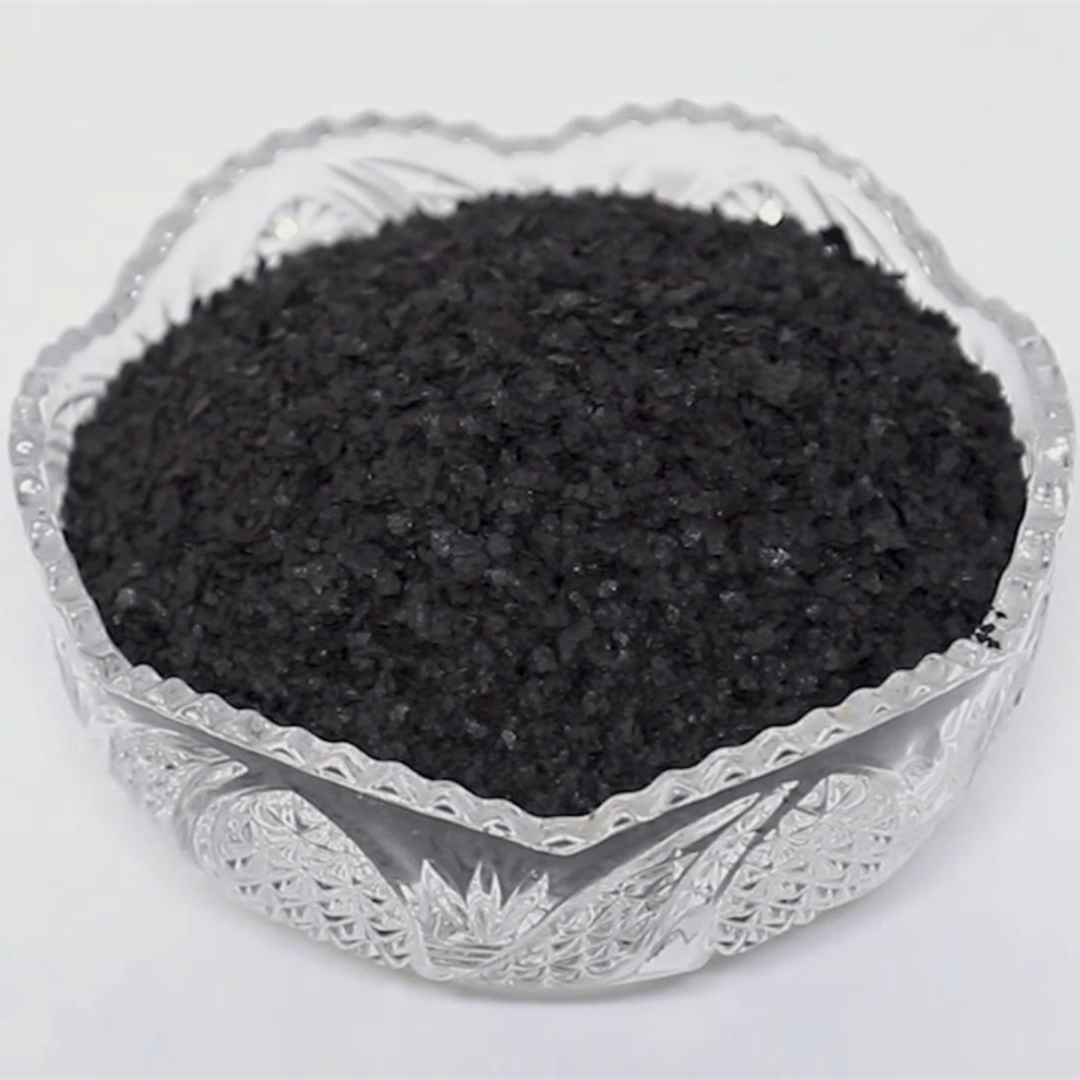
Out . 19, 2024 14:25 Back to list
ammonium sulfate fertilizer 21-0-0 manufacturer
Understanding Ammonium Sulfate Fertilizer 21-0-0 Manufacturer Insights
Ammonium sulfate fertilizer is one of the most widely used nitrogen fertilizers in agriculture today. Its chemical formula is (NH₄)₂SO₄, which highlights its composition approximately 21% nitrogen and 24% sulfur by weight. The designation 21-0-0 reflects its nutrient content, indicating that it contains 21% nitrogen (N), 0% phosphorus (P), and 0% potassium (K). This makes it a vital component for crops requiring high nitrogen levels, crucial for healthy growth and development.
The Importance of Nitrogen in Agriculture
Nitrogen is an essential nutrient for plants, as it is a key component of amino acids, proteins, and chlorophyll. Chlorophyll is vital for photosynthesis, the process by which plants convert sunlight into energy. Adequate nitrogen levels promote vigorous vegetative growth, rich green foliage, and overall plant vitality. Farmers and agronomists often utilize nitrogen fertilizers to enhance crop yields and improve the quality of produce.
Ammonium Sulfate's Unique Benefits
Ammonium sulfate offers several advantages that make it a popular choice among manufacturers and farmers
1. Quick Release and Immediate Availability As a water-soluble fertilizer, ammonium sulfate provides nitrogen in a form that plants can readily absorb. This makes it highly effective for quick green-up of crops, particularly in early spring.
2. Sulfur Source In addition to nitrogen, ammonium sulfate supplies sulfur, another essential nutrient often overlooked. Sulfur plays a vital role in protein synthesis, enzymatic functions, and the production of vitamins. Crops such as canola, garlic, and onions particularly benefit from sulfur application.
3. Acidity and Soil Improvement Ammonium sulfate has an acidic nature, helping to lower soil pH levels, a benefit in alkaline soils. This acidification can improve nutrient availability and promote microbial activity in the soil.
4. Compatibility with Other Fertilizers Ammonium sulfate can be easily blended with other fertilizers and is compatible with many crop protection products, allowing for customized nutrient management plans.
Choosing the Right Manufacturer
When selecting a manufacturer of ammonium sulfate fertilizer, several factors should be considered
ammonium sulfate fertilizer 21-0-0 manufacturer

1. Quality Control Ensure the manufacturer adheres to strict quality control measures. High-quality ammonium sulfate should meet industry standards and be free from impurities that could harm plant growth or soil health.
2. Sustainability Practices Look for manufacturers committed to sustainable production practices. This includes responsible sourcing of raw materials, energy-efficient manufacturing processes, and environmentally friendly packaging.
3. Reputation and Support Choose a manufacturer with a solid reputation in the agricultural community. Good customer service and support, including access to agronomic expertise, can enhance the effectiveness of their products.
4. Research and Development Manufacturers investing in research and development are more likely to produce innovative products that meet the evolving needs of modern agriculture. This includes addressing specific crop needs and sustainability challenges.
Application Best Practices
To maximize the benefits of ammonium sulfate fertilizer, proper application techniques should be employed
1. Soil Testing Conduct soil tests to determine the existing nutrient levels and pH. This information will guide appropriate application rates of ammonium sulfate and ensure that crops receive the right amount of nutrients.
2. Timing Apply ammonium sulfate during periods of active plant growth, typically in the spring and early summer. This timing helps optimize nitrogen uptake and minimizes potential nitrogen losses due to leaching.
3. Method of Application Ammonium sulfate can be applied through granular spreading, banding, or fertigation (injecting fertilizer into the irrigation system). Each method has its advantages, depending on the crop and soil type.
4. Rate Recommendations Follow recommended application rates based on crop nutrient requirements and soil conditions. Over-application can lead to nutrient runoff, negatively impacting the environment and crop health.
Conclusion
Ammonium sulfate fertilizer 21-0-0 is a critical input for many agricultural systems, providing essential nitrogen and sulfur benefits. By choosing the right manufacturer and applying the fertilizer correctly, farmers can improve crop yields, enhance soil health, and promote sustainable farming practices. As the demand for efficient and responsible agricultural practices grows, ammonium sulfate stands out as a versatile and effective solution in modern agriculture.
-
10-10-10 Organic Fertilizer - Balanced NPK Formula
NewsAug.02,2025
-
Premium Organic Manure Compost for Eco Gardens
NewsAug.01,2025
-
Organic 10-10-10 Fertilizer | Balanced Plant Nutrients
NewsJul.31,2025
-
Premium Amino Acid Fertilizer | Rapid Plant Growth Booster
NewsJul.31,2025
-
10 10 10 Fertilizer Organic—Balanced NPK for All Plants
NewsJul.30,2025
-
Premium 10 10 10 Fertilizer Organic for Balanced Plant Growth
NewsJul.29,2025
